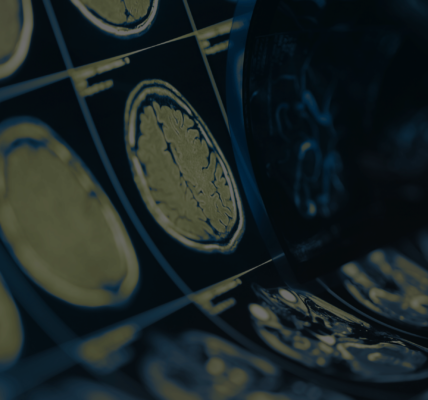Sometimes it can be challenging for doctors to detect whether the patient’s cognitive impairment originates from Alzheimer’s disease or vascular problems. These are the two major reasons to cause vascular dementia. Usually, doctors rely on MRI or CAT scans to determine the exact cause of the brain injury. Now, scientists at UCLA Health found a blood molecule that might help in identifying the level of impaired blood flowing to a patient’s brain which contributes to causing dementia or cognitive disorders.
The reports are published in the journal Alzheimer’s & Dementia: The Journal of the Alzheimer’s Association in a paper titled, “Placental Growth Factor is a Sensitive Biomarker for Vascular Cognitive Impairment.” Scientists have found that patients with an elevated level of placental growth factors (PIGF) in their blood are likely to be more prone to have cognitive impairment or evidence of brain injury. “Historically, diagnostic studies for cognitive impairment and dementia have been limited to structural brain imaging, but increasingly there’s a recognition that we can use the bloodstream as an available but imperfect tool to understand who maximally benefits from those structural and functional imaging tools,” said Jason Hinman, MD, Ph.D., the study’s lead author.
At UCLA and other research centers, a total of 335 patients underwent testing like brain imaging, cognitive testing, and blood collection. Researchers have found that the patients from the top quartile for PGIF tests were three times more prone to suffer from cognitive impairment and dementia compared to the patients from the bottom quartile. Each unit elevation in total PGIF in the bloodstream was connected with a 22% increase in the probability of suffering from cognitive impairment and a 16% increase in the probability of having imaging evidence of cerebral small vessel disease.
Hinman said, “The addition of a blood-based biomarker that is associated with the traditional measures of vascular injury could allow a provider to be able to distinguish the patient that has Alzheimer’s predominant dementia versus a significant vascular contribution.” The organization is still trying to know whether PGIF and other angiogenic markers in the bloodstream could help to detect the risk of future cognitive disorders.






















